
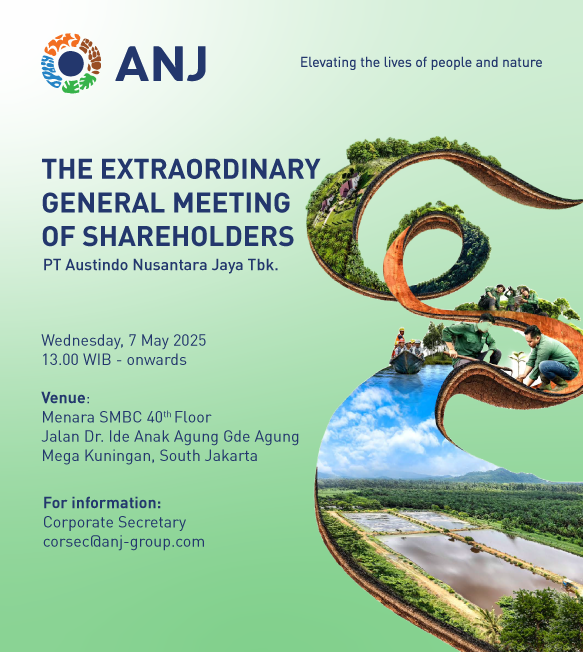
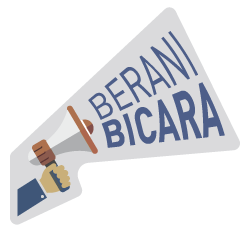
The programs cover health, education, socio-economic empowerment as well as infrastructure development, and socio-cultural and religious agendas. Each of our operational areas have distinct geographical conditions, community dynamics and cultures. Hence, our Community Development programs are varied across our estates to suit the local context, challenges, and needs.
At ANJ, we believe in the importance of empowering and engaging with the communities in and around our operating sites. Addressing community welfare to the same degree as we would our employees, improves relations both through showing that ANJ cares, and by providing a platform for interaction between the Company and the local population.
As part of our social responsibility agenda, we have initiated a range of projects to improve the prospects of local communities. We also prioritize providing opportunities for individuals to take development into their own hands. ANJ believes that guiding development, rather than prescribing plans, provides appropriate ownership of any benefit gained.
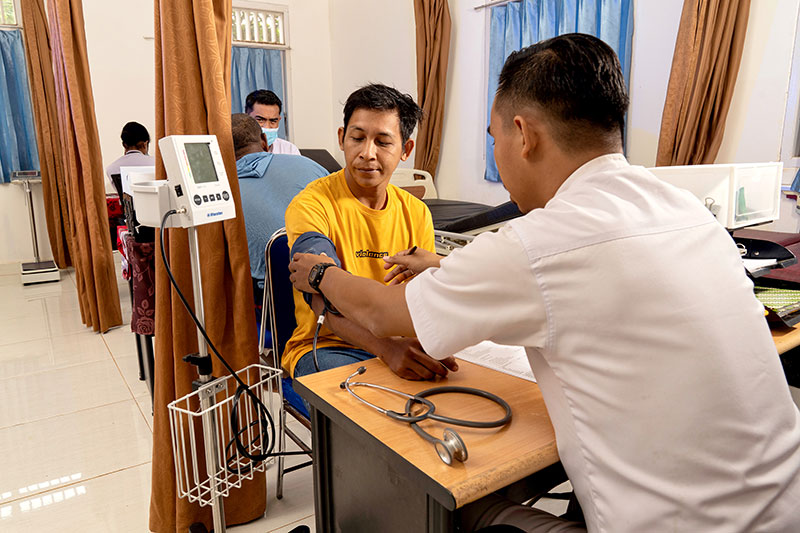
We are deeply committed to enhancing the well-being of the communities we serve. Recognizing the limited access to essential services in remote areas, we are dedicated to establishing a network of seven major clinics and five support clinics. These facilities, managed by qualified medical professionals, including doctors, nurses and midwives, are integrated into the National Health Insurance (Jaminan Kesehatan Nasional/JKN) network and are equipped with blood lab facilities. This advancement has improved our capacity to deliver comprehensive healthcare services to our People. These facilities are equipped to provide a wide range of services, from occupational medical services and emergency care to high-quality general healthcare, including maternal and childcare, as well as testing laboratories. In September 2021, our clinic in West Papua obtained its operating permit from the local government’s health office and can start serving JKN patients administered by the Healthcare Social Security Agency (Badan Penyelenggara Jaminan Sosial Kesehatan – BPJS Kesehatan).
By integrating new diagnostic technologies, ANJ clinics are now better equipped to offer accurate and timely health assessments. This upgrade enables the early detection of diseases, personalized treatment plans, and more effective management of ongoing health conditions, ensuring that patients receive the best care possible.
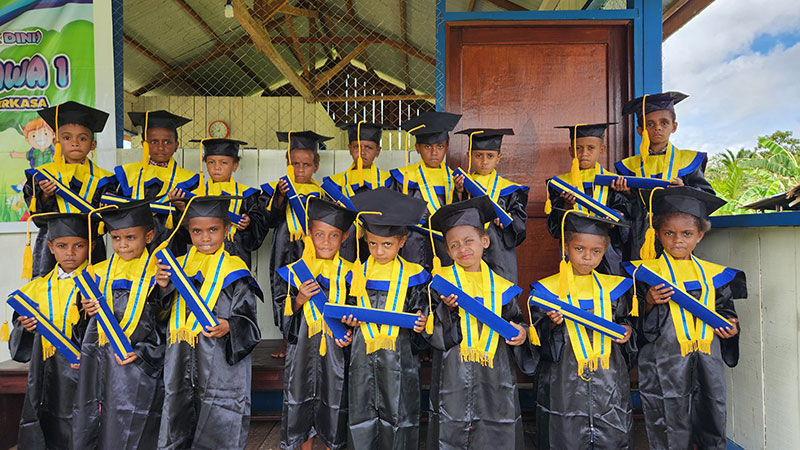
ANJ’s unwavering commitment to community empowerment through education reflects its profound belief in the transformative potential of knowledge. The Company recognizes that education is not merely a tool for individual advancement but a catalyst for broader societal development. There are large disparities in the quality of education between regions in Indonesia. Rural and remote are as often have far less adequate facilities and teaching quality when compared to larger urban centers. For this reason, we have focused on improving access to quality education for the children of local communities and our employees.
Since 2018, we have partnered with the Alirena Foundation to support Early Childhood Education (PAUD) programs in Sumano and Benawa, located in Southwest Papua. In the latter half of 2022, we assumed full responsibility for organizing these programs. Since taking over, we have not only continued these efforts but also expanded the initiative to encompass elementary schools. Moreover, in 2023, we have extended our reach to include the villages of Puragi and Tawanggire as new areas benefiting from our educational programs.
Furthermore, we constructed and renovated spaces for early childhood schools in Sumano, Benawa and Puragi to ensure students have a clean and safe environment for studying and playing. Additionally, PAUD teachers provide supplementary reading, writing and arithmetic support to elementary school students who are still illiterate. Since its inception, the program has brought positive impacts to more than 270 students.
In addition to supporting education for our local communities, we also place a high value on providing quality education for our employees’ children at our palm oil estates. The Austindo Nusantara Jaya Agri Education Foundation manages six schools across our Sumatra and Kalimantan estates from kindergarten through to junior high school. In North Sumatra, we completed an e-Library system at the end of 2021 and introduced it in one of the schools located in Binanga. The e-Library system is designed to accommodate library administration activities that were previously completed manually. The system goes beyond that by including digital school announcements, a summary of school activities, and e-books that can be accessed from anywhere with a cloud server. We plan to expand the e-Library system to our other schools and add more e-books, not only for the students but also for the teachers. We have also implemented various intervention programs to enhance the school’s quality. One crucial aspect is establishing road access from the plantation to the school to ensure easy travel for students in South Angkola, North Sumatra.
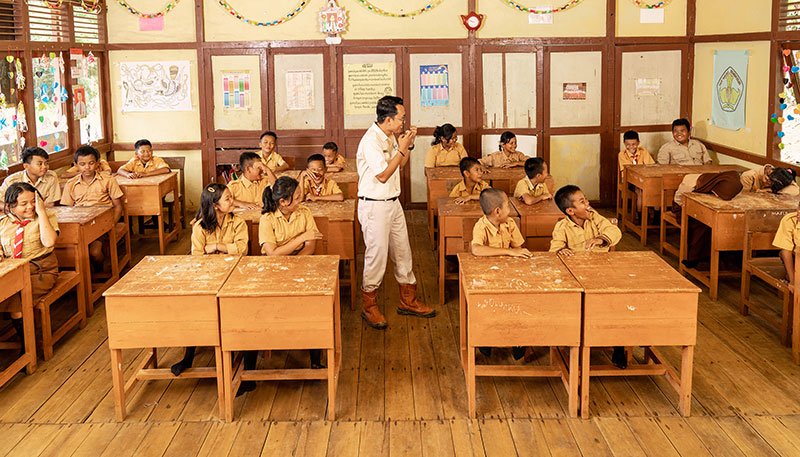
Specifically in West Kalimantan, we execute the “School Development Program” that has notably enhanced the quality of education by addressing both infrastructure and content aspects. Additionally, efforts have been made to boost the capacity of teachers and students through various programs such as “inspirational class” for digital transformation and “shining class” to promote tidiness and cleanliness among student.
By focusing on both infrastructure and content, including educational materials, curriculum, and teaching methods, we strive to create an optimal learning environment for all.